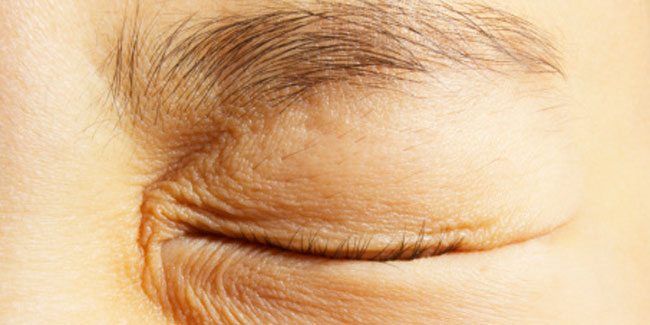
A tic is the abrupt and uncontrollable movement or sound that is not related to a person’s normal gestures. For instance, if a person is suffering from tics, he/she may blink rapidly and repeatedly, even if there is nothing is irritating his/her eyes.
Table of Content:-
Each person experiences this disorder differently; so, while someone may suffer from either noises or uncontrolled movements. Tics are more commonly experienced in children and it may last for a year.
The prognosis for most cases of tics and tic disorders is very good. In most of the cases, tics diminish in severity and finally disappear as the child grows older. In Tourette syndrome, at least 85 percent of the affected children find that their tics has diminished or gone away completely during or after adolescence. Tics that tend to linger beyond teenage years can become permanent i.e. a life-long condition.

There are certain factors that can be associated with poorer prognosis. These factors include the following:
• Chronic physical illness during childhood
• Physical or emotional abuse in the family or a history of instability in the family
• History of complications at the time of the child’s birth
• Comorbid psychiatric or developmental disorders
• Exposure to anabolic steroids or cocaine
What it is like to live with it
It can be frustrating and embarrassing for someone with tics to live with it. The condition is, however, manageable if proper treatment is provided. If you or your child is going through the treatment currently, you could take steps to prevent the bouts. These steps include taking less stress, consistent therapy and medication, etc.
The parents of a child suffering from tics can play an important role in providing the emotional support that help that the child needs to endure his/her education does not suffer. Tics typically disappear after a few months, though there is a possibility of them developing into more serious conditions.
Image courtesy: getty
Read more articles on Tics.
How we keep this article up to date:
We work with experts and keep a close eye on the latest in health and wellness. Whenever there is a new research or helpful information, we update our articles with accurate and useful advice.
Current Version